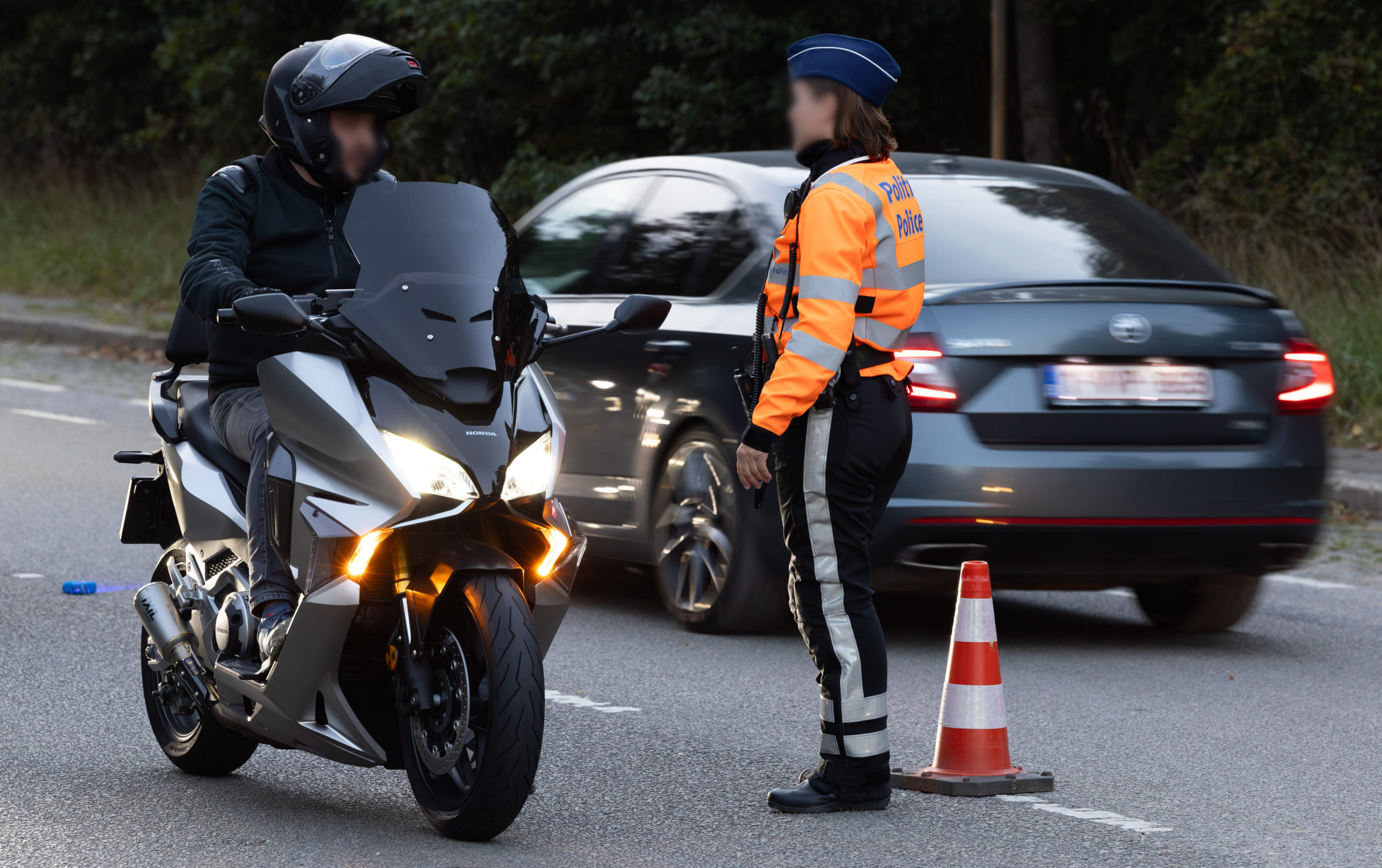
Vias’ twelve point plan to reduce traffic casualties

Vias wants zero tolerance for alcohol in traffic and more (frequent) controls over drugs /Belga
In 2022, 540 people died in Belgian traffic – one out of three fatalities was a cyclist or pedestrian. This score is far from the target o


Comments
Ready to join the conversation?
You must be an active subscriber to leave a comment.
Subscribe Today